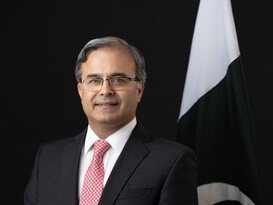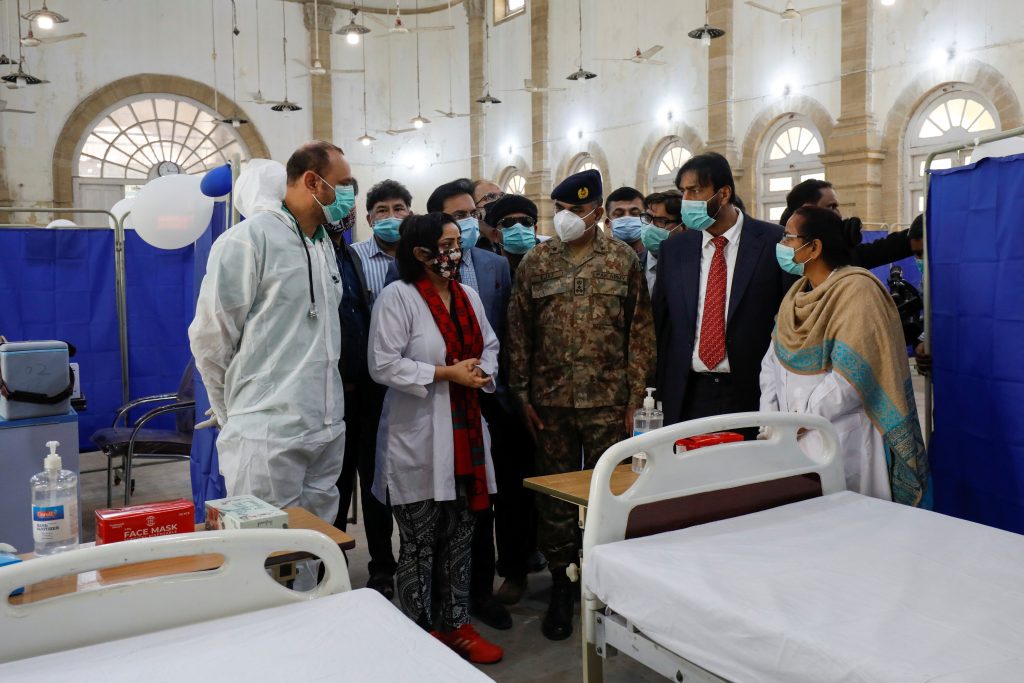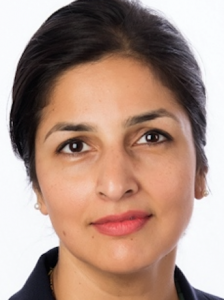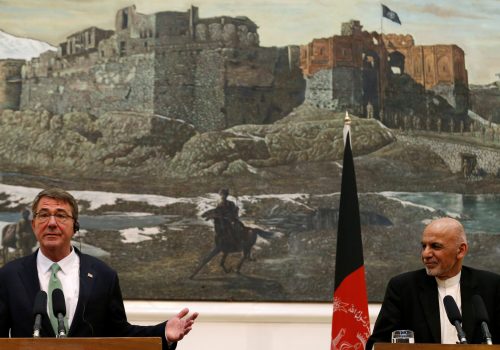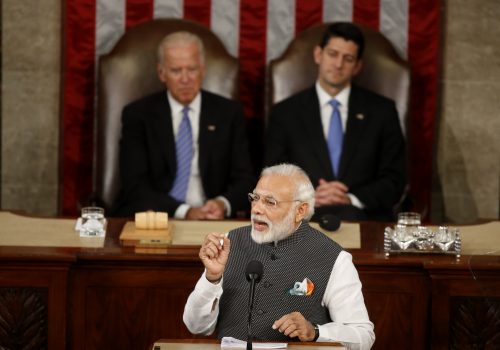With the intersection of South Asia and its geopolitics at the center of the South Asia Center’s vision, we work to find multilateral solutions to South Asia’s most vital global challenges. The competition between Asia’s rising giants will shape the future of the region as well as the world, and Pakistan sits at the very nexus of this global phenomena. For this reason, Pakistan continues to be an integral part of the SAC’s body of work and its growing interest in the study and research of Pakistan’s domestic and foreign policy. This interest is linked to the role the Center hopes to play in upscaling bilateral relations between the United States and Pakistan, emphasizing the country’s importance in a more integrated South Asia, and serving as a convening center for academics, policymakers, and thought leaders in this space.
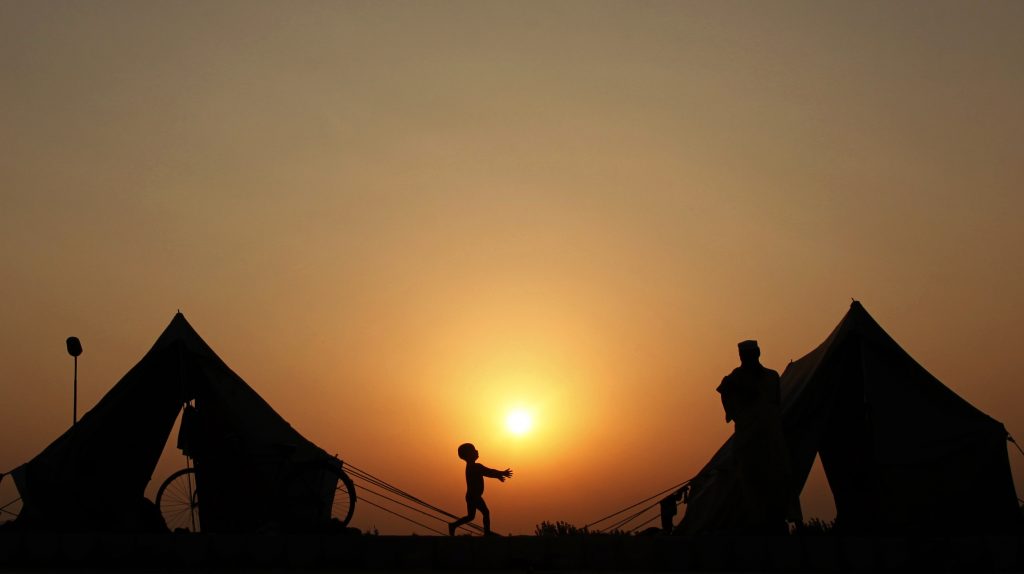
The Pakistan initiative seeks to reaffirm support for and increase knowledge of Pakistan in the United States, and forge deeper ties between American policymakers, thought leaders, and the broader public with their counterparts in Pakistan. The core elements of the initiative will be to help build an adapted, inclusive body of work that bridges the gap between the west and Pakistan by encouraging partnerships, free and fair trade, democratic values, and the core elements of the rules-based order.
The initiative will focus on three key pillars:
- To mobilize support for a stronger US-Pakistan partnership;
- To convene networks of influential policymakers to galvanize concrete action; and
- To develop substantive policy recommendations in priority areas.
Related content
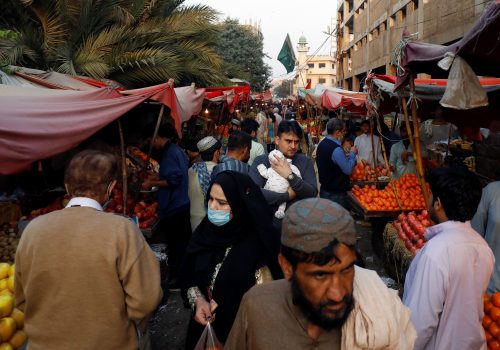
SouthAsiaSource
Apr 15, 2021
Khuda hafez Afghanistan and maybe Pakistan!
By
Shuja Nawaz
20 years after invading Afghanistan to punish the Taliban for harboring Osama bin Laden, President Joe Biden is saying goodbye to Afghanistan. Regardless of the main reason why President Biden is extracting the US military and hence NATO from Afghanistan, the people of Afghanistan may end up being sacrificed and left to the depredations of the Taliban and Islamic State.

SouthAsiaSource
Mar 25, 2021
The Biden-Harris administration should engage Pakistan if it hopes to negotiate productively with Iran
By
Harris A. Samad
Returning the United States to a nuclear agreement with Iran represents one of the Biden-Harris administration’s most standout foreign policies. However, to succeed in the short-, medium-, and long-term, this goal will require a revamped approach to engaging Tehran that pointedly includes Pakistan.
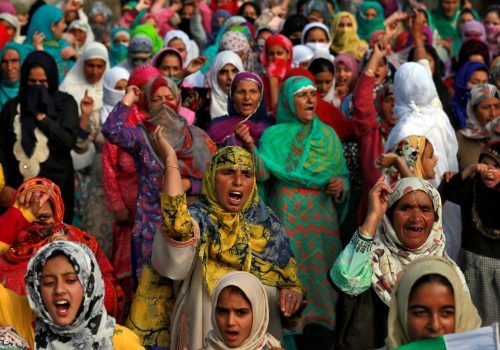
SouthAsiaSource
Feb 17, 2021
Eight reasons why the United States should promote Kashmir peace talks now
By
Yelena Biberman
The time is ripe for Kashmir peace talks, and the Biden administration, with Secretary Blinken at the helm of foreign affairs, can play a constructive role in bringing India to the table. Why should the United States promote the Kashmir peace process? What could it realistically do?

New Atlanticist
Feb 12, 2021
Reboot or repeat? US-Pakistan relations after the Daniel Pearl ruling
By
Safiya Ghori-Ahmad
Pakistan was likely hoping for a reset with the new Biden administration, one that could refocus relations on the country’s most pressing issues. But those hopes have been dashed by The Supreme Court of Pakistan’s recent decision on the Daniel Pearl case.
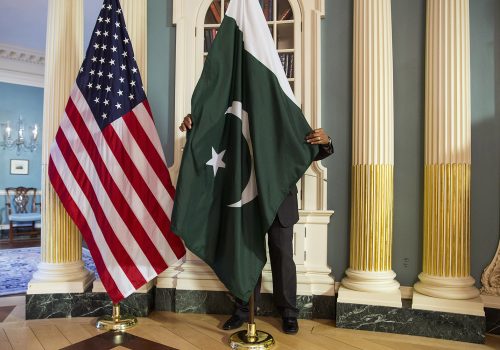
New Atlanticist
Feb 10, 2021
Biden needs a new Pakistan policy. This is what it should look like.
By
Shamila N. Chaudhary, Vali Nasr
The United States has an opportunity to move on from the sordid history of US-Pakistan relations. Strategic imperatives in both Islamabad and Washington have provided a rare opening, one that if explored effectively could serve US regional interests positively and also provide impetus for change in Pakistan.
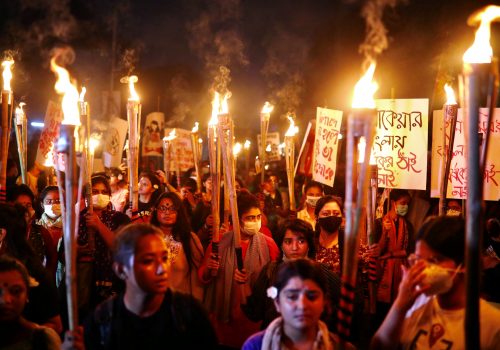
SouthAsiaSource
Jan 26, 2021
Understanding “rape culture” in Bangladesh, India, & Pakistan
By
Rudabeh Shahid, Kaveri Sarkar, and Azeem Khan
Countless examples of gender-based violence (GBV) in South Asia from last year raise significant concerns about so-called “progress” made in improving women’s standing and fighting rape culture in the region. Political discourse in India, Pakistan, and Bangladesh is deeply misguided regarding such issues, often leading to systematic victim-blaming which—knowingly or unknowingly—helps the perpetrators.
Featured events
Leadership
Experts
Other South Asia Center initiatives

The South Asia Center is the hub for the Atlantic Council’s analysis of the political, social, geographical, and cultural diversity of the region. At the intersection of South Asia and its geopolitics, SAC cultivates dialogue to shape policy and forge ties between the region and the global community.

